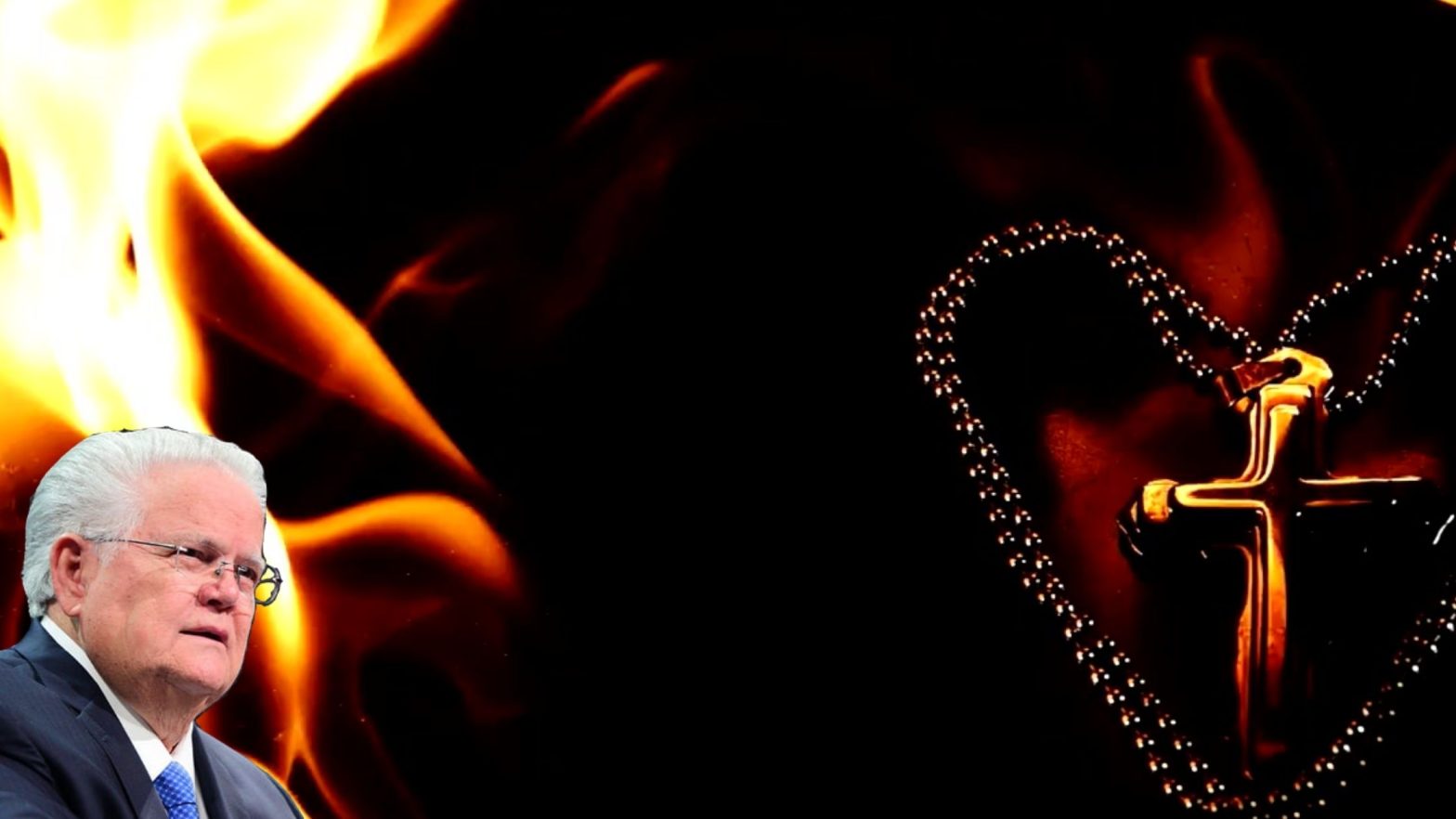
Exploring Pastor John Hagee’s Controversial Statements
Pastor John Hagee is a prominent figure in the world of evangelical Christianity, known for his powerful sermons and influence on American politics. However, his ministry has not been without controversy. In this blog post, we will explore some of Pastor Hagee’s most controversial statements and the discussions they have sparked. Let’s delve into this complex and often contentious topic with an open mind.
The Controversial Statements
Over the years, Pastor Hagee has made several statements that have raised eyebrows and ignited debates. These statements cover a wide range of topics, from politics to social issues and even natural disasters. Let’s take a closer look at some of them.
Hurricane Katrina and Divine Punishment
One of the most talked-about controversies involving Pastor Hagee was his statement regarding Hurricane Katrina. He suggested that the hurricane was God’s judgment on New Orleans due to a scheduled LGBTQ+ pride event. This statement generated widespread criticism and debate.
Pastor Hagee’s Controversial Statements on Islam and Religious Tensions
Pastor Hagee has also made remarks about Islam and the religious tensions between Christianity and Islam. These comments have drawn criticism for their potential to fuel interfaith conflicts.
Views on Social Issues and LGBTQ+ Rights
Pastor Hagee’s stance on social issues, particularly LGBTQ+ rights, has generated intense debate. His conservative views have led to questions about the role of religion in shaping public policy.
In conclusion, Pastor John Hagee’s controversial statements have not only made headlines but also ignited important discussions about faith, politics, and social issues. These controversies highlight the complex relationship between religious leaders and their influence on public discourse.
Conclusion
Join the conversation and share your thoughts on this topic. It’s essential to engage in respectful dialogue and consider different perspectives as we navigate the intersection of faith and the broader societal context.

Leave a Reply